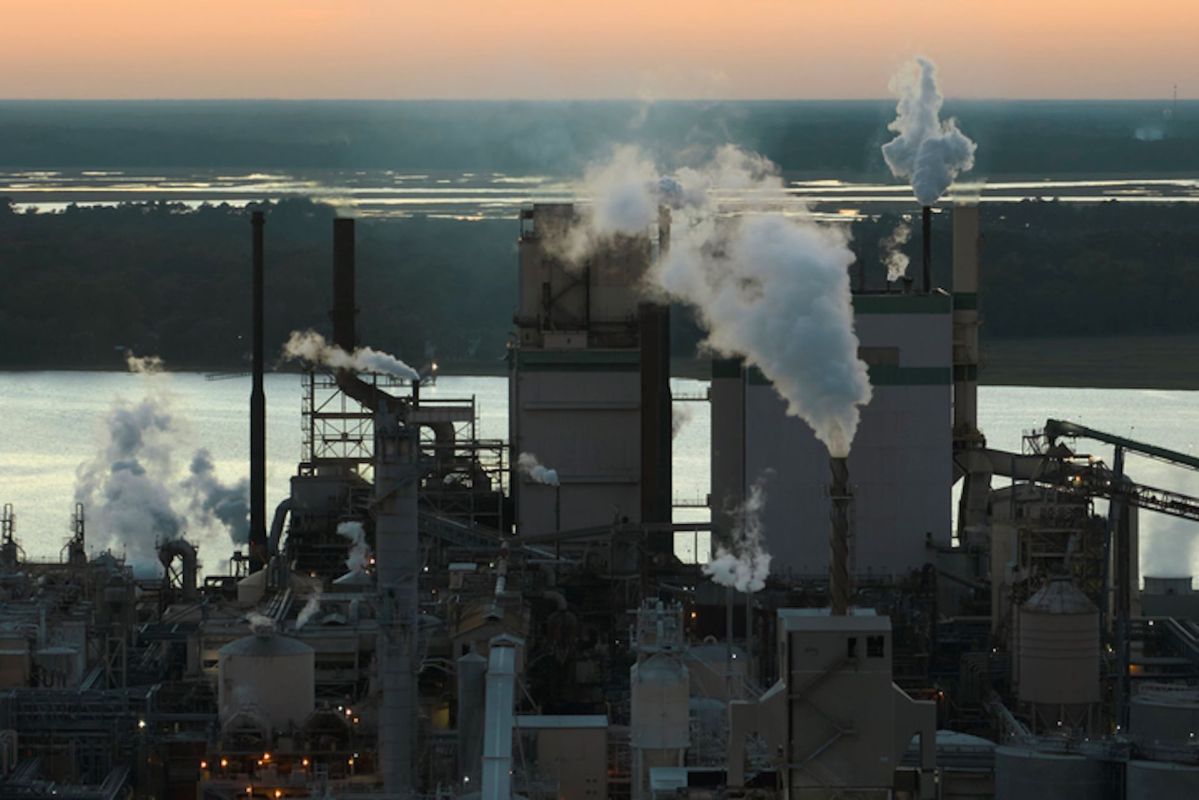In September, the United Nations released the newest "report card" on different nations' attempts to slow the overheating of our planet — and it includes some pretty jarring predictions.
What's happening?
The report — which the UN calls a "stocktake" — details that the world is not doing anywhere near collectively to slow rising temperatures.
What's more, the amount of planet-warming pollution we produce will need to be slashed by 43% by 2030 to reach the preferred goals set by the 2015 climate summit in Paris, Vox reported.
Currently, warming is estimated to be around 1.2 degrees Celsius (2.16 degrees Fahrenheit) above pre-industrial levels, with most experts predicting that, overall, we need to avoid warming of over 1.5 degrees Celsius (2.7 degrees Fahrenheit) in order to avoid the worst-case scenarios.
The report also explicitly notes that there is no room for dirty energy development in a world with warming approaching 1.5 degrees Celsius (2.7 degrees Fahrenheit).
"The removal of fossil fuel subsidies is a key strategy for addressing structural economic barriers that can perpetuate inertia to change and prevent cost-effective low-carbon alternatives from being adopted at scale," the report noted, per Vox.
Why is the report card important?
As Vox noted, unlike other climate-related documents produced by the United Nations aimed at gently guiding policy decisions, this document explicitly indicates that certain countries are falling short of their pledges to meet pollution-reduction goals.
The United States claimed it would slash carbon pollution by 50% from 2005 levels by 2030, but it has failed to get on track with this benchmark so far. And seven countries, including China, India, Russia, Iran, Saudi Arabia, Brazil, and Turkey, have seen their carbon pollution rise between 2019 and 2021, according to the European Commission.
The stocktake is also important because it helps set the agenda for the next climate summit, called COP28, which will take place in Dubai in November and December 2023. The conference will gather governance and stakeholders on all scales, including scientists, government officials, and concerned citizens, to set new targets and create a strategy to tackle this issue in the coming years.
What's the good news?
Although the report has its fair share of bad news, it suggests some progress is being made to offer incentives and "cost-effective" alternatives to dirty energy.
Cleaner energy options, like solar and wind, are much more available and accessible than ever before. One study shows that the global utilization of solar and wind grew by 2% between 2021 and 2022, as CNBC reported, which is both a sign of progress and that there's a lot more growth needed to meet the UN's standards.
"I urge governments to carefully study the findings of the report and ultimately understand what it means for them and the ambitious action they must take next," Simon Stiell, the United Nations climate head, said in a statement quoted by the New York Times.
Join our free newsletter for cool news and actionable info that makes it easy to help yourself while helping the planet.









